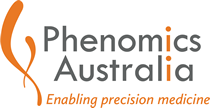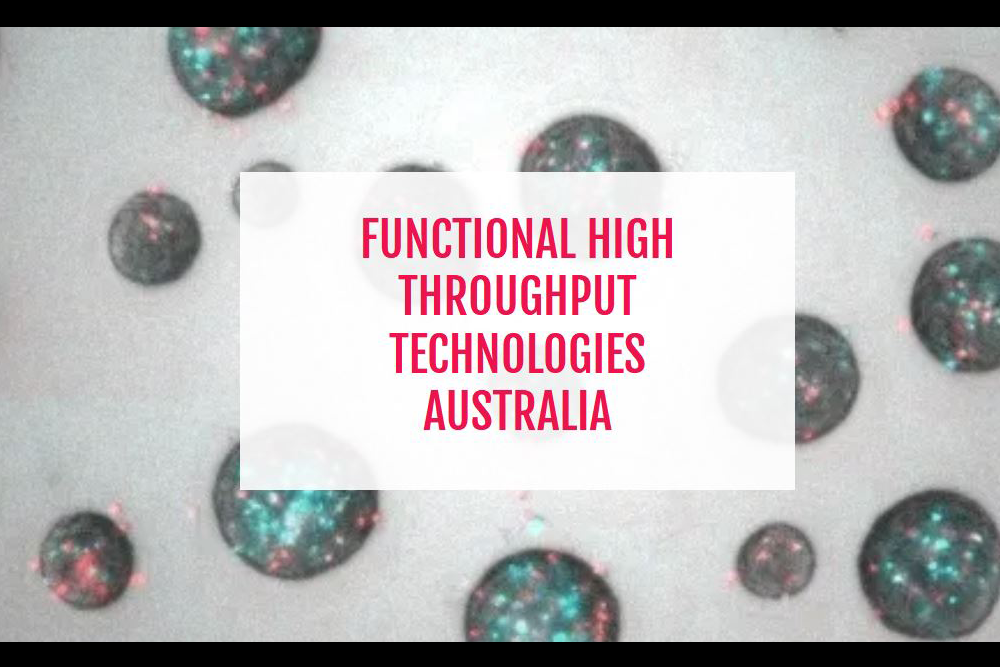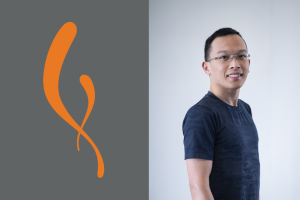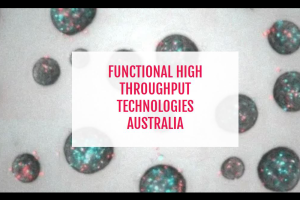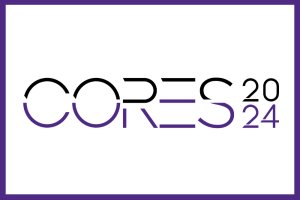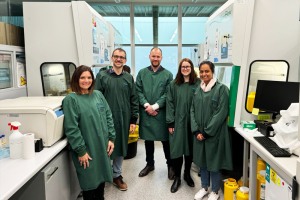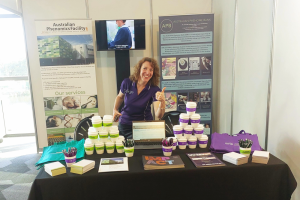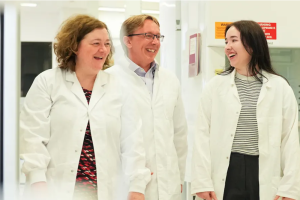After an extended break, the Organoid Nexus 2024: High-Throughput Innovation Meeting, hosted by Functional High Throughput Technologies Australia (FHTTA), took place in person on November 7, 2024, at Bio21 in Parkville, Melbourne.
This gathering showcased the latest in organoid research—a transformative approach in biomedical science that is increasingly central to personalised medicine. The event spotlighted high-throughput technologies for characterising, quantifying, and analysing organoid cultures and drug screening applications, paving the way for personalised treatment strategies.
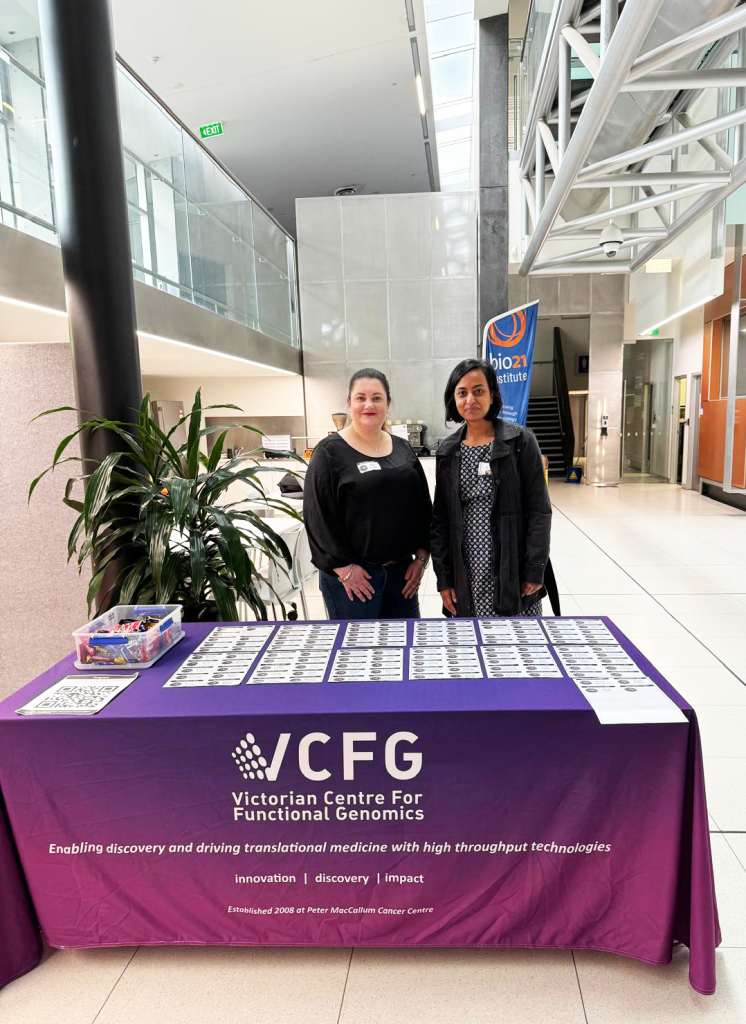
Phenomics Australia Scientific Directors, staff, and representatives from Therapeutic Innovation Australia (TIA) and NCRIS attended, contributing invaluable insights. Key presentations included:
- National Service Provider Insights:
- Dr. Stuart Newman presented an overview of the National Collaborative Research Infrastructures Strategy (NCRIS).
- Dr Louise Winteringham from the Harry Perkins Medical Research Institute discussed the Translational Cancer Research Program.
- Dr Eglantine Balland from Monash University’s Monash Organoid Program.
- Dr Jacek Kolanowski of the Innovation Centre, Victor Chang Cardiac Research Institute.
- A/Prof. Amee George from the ANU Centre of Therapeutic Discovery, Australian National University.
- Prof. Kaylene Simpson from the Victorian Centre for Functional Genomics, Peter MacCallum Cancer Centre.
Other notable speakers included:
- Dr Pallavi Srivastava from the Victor Chang Cardiac Research Institute, who introduced a pipeline for long-term phenotypic monitoring of organoids maturation and heterogeneity for screening.
- Dr Alex Combes of Monash University, who explored multi-omic analysis of hypoxic injury and maladaptive repair in human kidney organoids.
- Dr Mark Li from Peter MacCallum Cancer Centre, presented a Multiplexed High-throughput 3D Co-culture Screening Pipeline
- Dr Susanne Ramm of Peter MacCallum Cancer Centre, who discussed single-organoid analyses for precision medicine.
The meeting was a collaborative and engaging space with short presentations, lively discussions, and networking opportunities, providing attendees with the chance to contribute to the national efforts driving organoid research forward.
